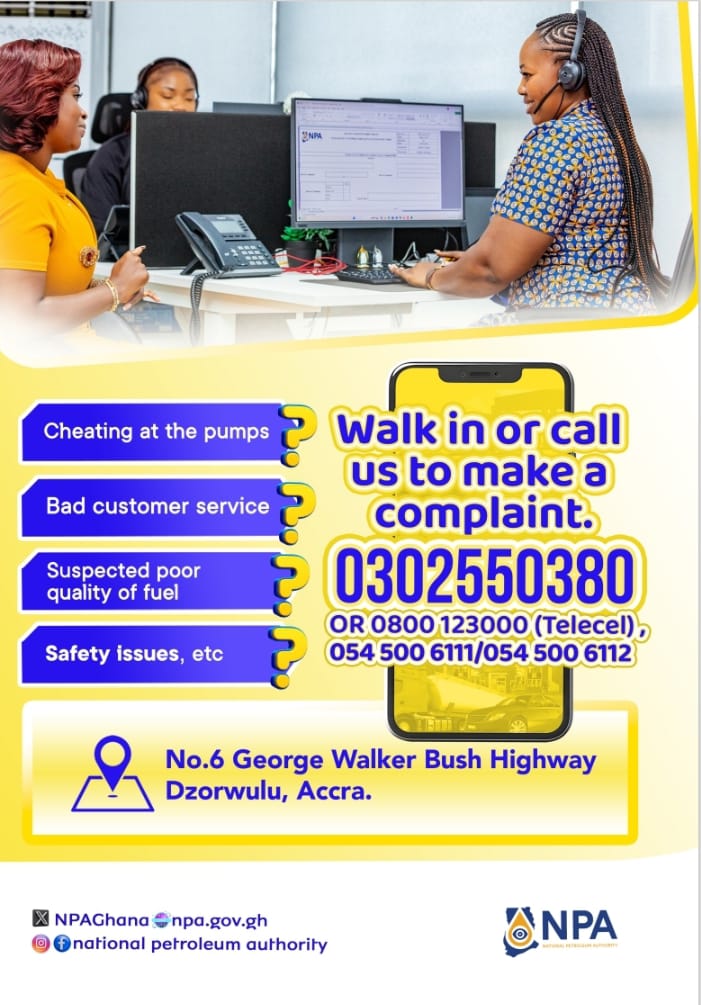Member of Parliament for Okaikwei Central, Patrick Yaw Boamah, has raised serious concerns about the source of funding and transparency of the Ghana Gold Board (GoldBod), established earlier this year under the Ghana Gold Board Act, 2025 (Act 1114).
The MP disclosed that his independent inquiry revealed that the Ministry of Finance has not released or allocated any funds to the Gold Board since its creation, raising critical questions about how the Board is currently operating and financing its activities.
“The Ministry has not made any financial releases as budgetary support to the GoldBod since its establishment,” the letter stated.
The MP described the revelation as deeply worrying, noting that Parliament had approved an allocation of GH₵ equivalent to $279 million in the 2025 budget to serve as a revolving fund for the GoldBod to purchase and export at least three tonnes of gold per week from small-scale miners.
“So how is the GoldBod being funded?” he asked. “Is it from the Bank of Ghana? Is the central bank printing money to finance the Gold Board? Why must the Bank of Ghana be doing that? These are questions that must be answered.”
Mr. Boamah also accused the GoldBod of failing to comply with its statutory reporting obligations as outlined under Section 42 of the Act.
“The law requires the GoldBod to publish quarterly reports on its operations, revenues, contracts, expenditures, and responsible sourcing,” he said. “If you visit their website today, there is no such information available.”
He warned that the lack of public disclosures undermines accountability and contradicts global standards of traceability and responsible mining, which Ghana has pledged to uphold.
“The GoldBod cannot claim to promote responsible sourcing when there is no transparency on where the gold is coming from — whether it’s from licensed small-scale miners or illegal sites,” he added.
Patrick Boamah questioned the rapid licensing of over 600 companies within months of the Board’s establishment, calling for a review of the due diligence process.
“The Gold Board told me that one sole aggregator, 21 self-financing aggregators, 204 Tier-1 buyers, and 420 Tier-2 buyers have been licensed,” he revealed. “This is a brand-new institution — how did they manage to license over 600 entities in just a few months?”
He noted that the fees associated with these licenses had not been brought before the Parliamentary Subsidiary Legislation Committee for scrutiny, as required by law.
The Okaikwei Central legislator indicated his intention to file urgent questions in Parliament to compel both the Minister for Finance and the Governor of the Bank of Ghana to clarify the financial structure and operations of the GoldBod.
“We cannot allow opacity in the management of our gold resources. The Gold Board must come clean on how it is being financed and how it is spending public money,” he stressed.
He urged the media and civil society to investigate further, emphasising the need for transparency and accountability in the management of Ghana’s mineral wealth.
He said, “These are issues you journalists must also look into. The Gold Board’s funding and licensing activities must stand the test of public scrutiny.”
Background
The Ghana Gold Board was established in April 2025 following the passage of the Ghana Gold Board Act (Act 1114). Its core mandate is to regulate, monitor, and manage gold purchasing, refining, exporting, and related activities to enhance Ghana’s foreign exchange inflows and strengthen gold reserves.





